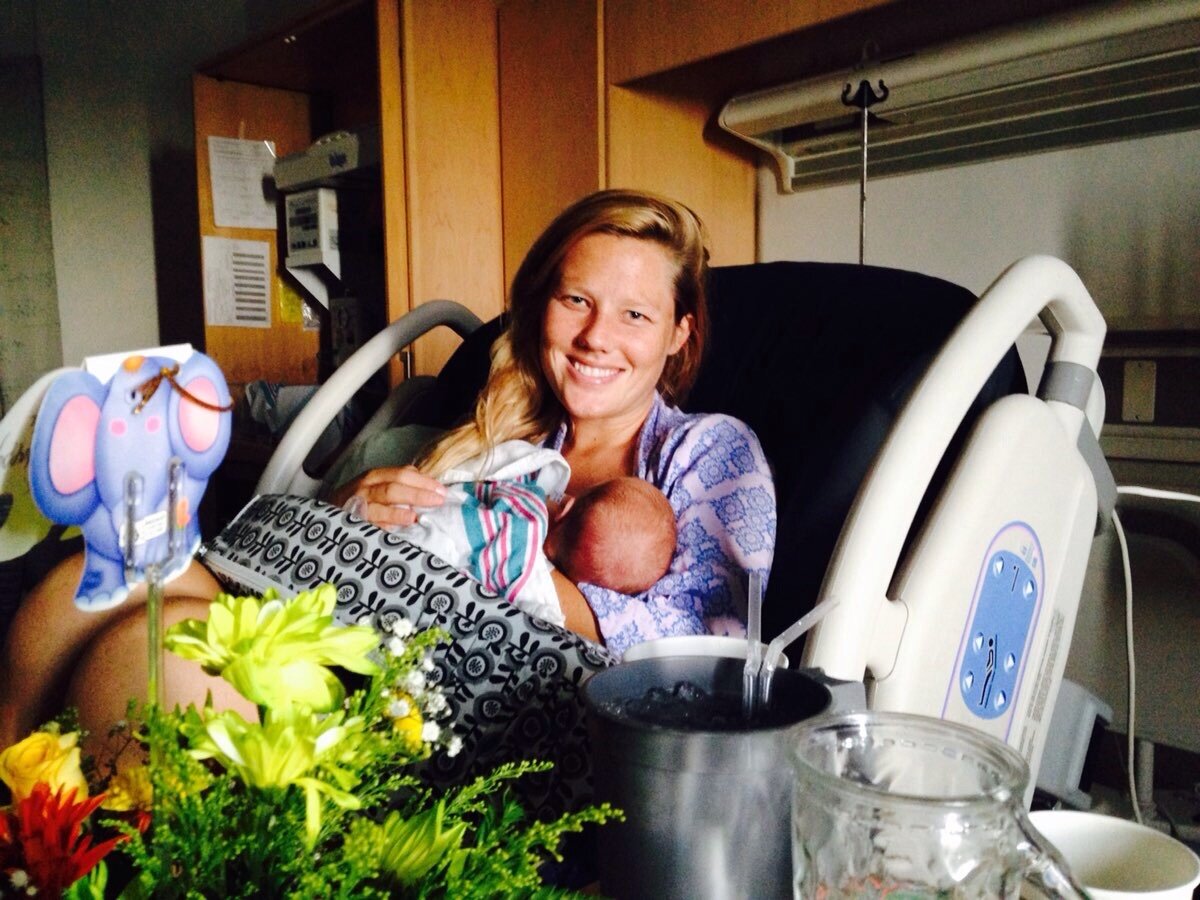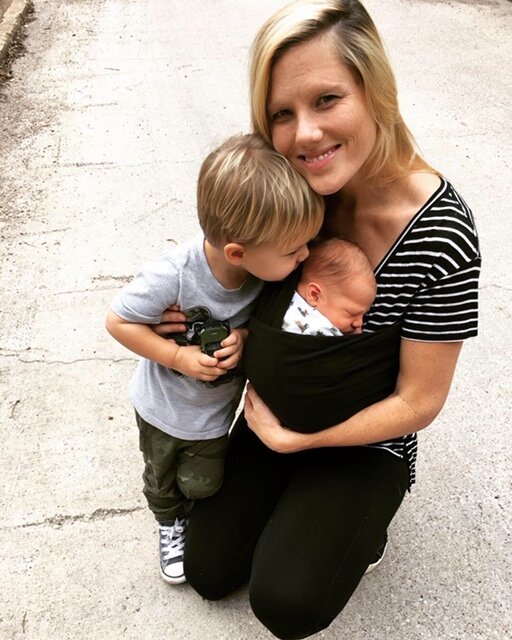Breastfeeding 101: Tips from Abby, IBCLC
Introduction
Abby received her Bachelor’s of Science in Nursing from Texas Tech University. In addition to being an International Board Certified Lactation Consultant, she is a registered nurse. Her areas of professional expertise are Labor and Delivery, Obstetrics and Pediatrics. Now a DC resident, Abby is honored to have been at BCGW for the last year! Prior to this, she worked in the local Texas community at Lactation Services Of Waco, LLC. As a military spouse, she treasured her position as the newborn nurse at Camp Foster’s Pediatric Clinic where she provided weight and bilirubin assessments and new parent education. She also founded and oversaw the Camp Foster Naval Hospital Breastfeeding Support Group. Her love to help parents through the breastfeeding journey stems from experiencing numerous feeding issues with her own child while living overseas. She has first hand experience dealing with thrush, mastitis, tongue tie, reflux, and vasospasms. She is passionate about helping others find clarity as they transition into the parental role. Her desire is to use holistic practices to find answers! Join us as Abby recounts 3 tips she wishes she would’ve breastfeeding as a first timer! Enjoy.
As a mother of 2 toddlers (and one on the way), a pediatric/L&D registered nurse and an IBCLC, I’ve seen so many joys and pains with breastfeeding. It’s beautiful, emotional and a story of (literally) giving away yourself for another. It’s sacrificial, time consuming, rewarding, and depleting.
In light of World Breastfeeding Month, I thought i’d share a few 101 tips I wish I had known earlier on in my breastfeeding journey!
Tip #1. Ask for help immediately.
If the intial latch is painful, sharp, shooting, burning scraping-HOLD UP! It shouldn’t be. There are IBCLCs imbedded into most hospitals and birth centers and BCGW sees new parents within hours or days of discharge. Seek one out! The longer you “gut it through” and “just try” on your own, the more complications tend to rear their ugly heads. It takes a village to raise a child. Start using your crew from the very beginning.
#2. “The off centered latch”.
This took me a long time to understand. Imagine drinking from a water bottle. If you are trying to swallow and your neck is in a curled position, it’s very hard. If someone is pushing your head down and your nose is squashed, again, it’s hard to swallow. A head thrown back (which looks like a baby’s chin buried into the breast and nose free to air) is a setup for an easy gulp! If your feel pinching, scoot baby down. It may feel counter-intuitive but try it!
#3. Put in the hard work early.
If effective milk removal takes place consistently that first few weeks after birth, often your chances of breastfeeding as long as you want with a full milk supply are high. (There are outlying medical conditions so if this isn’t taking place, that’s why you get help RIGHT AWAY)! You are your babies teacher. Wake your little one and breastfeed at least every 2-3 hours. Yes it’s a ton! Yes you will probably feel crazy! Just a note-prolactin hormones surge from around 10pm to 3am. This means you SHOULD be feeding you baby during this time! You will be tired! You may cry. You will survive! For the older babies out there-when milk removal is discontinued during this night-time stretch, most likely the parent will see a dramatic dip in milk supply.
Your body was made to be able to feed your baby. Challenges don’t say anything about who you are or your parenting. We have a team of people cheering you on to succeed. Consults with us could be free through your insurance or The Center offers financial assistance programing if it is needed, so don’t discredit what a visit could offer. We want to help you and hold your hand through this!
-Abby Van Hecke, BSN, RN, IBCLC



